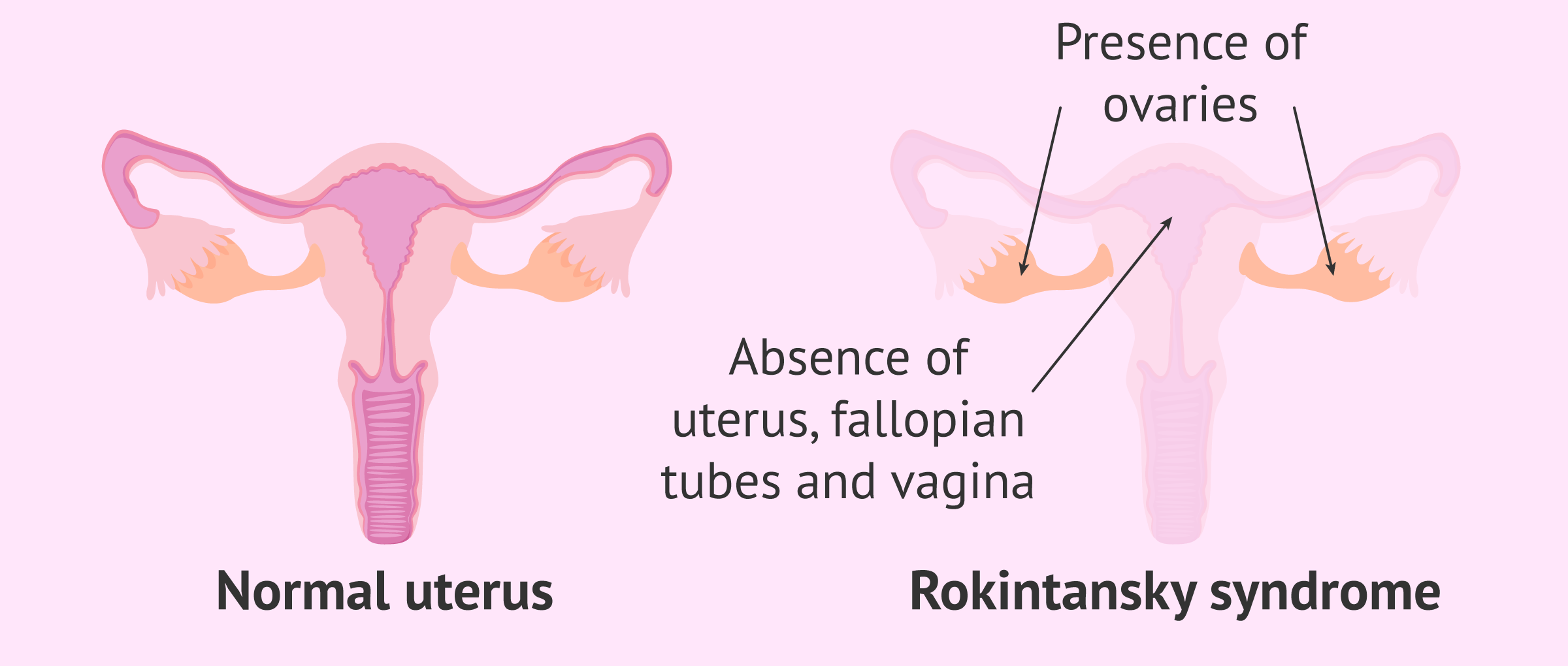Absence of Uterus: Understanding MayerRokitanskyKüsterHauser syndrome and fertility options
– Uterine agenesis
– Congenital disorder
– Reproductive system
– Abnormal development
– Mayer-Rokitansky-Kuster-Hauser (MRKH) syndrome
– MURCS association
– Androgen sensitivity syndrome (AIS)
– Puberty
– Failure to start having periods
– Abdominal pain
– Medical history
– Physical exam
– Blood tests
– Ultrasound
– MRI
– Vagina
– Vaginal agenesis
– Vaginal dilator
– Surgery
– Shortened or absent vagina
– Absent or partially developed uterus
– Abnormal location of the ovaries
– Kidney problems
– Hearing problems
– Mullerian ducts
– Underdevelopment
– gestational carrier

